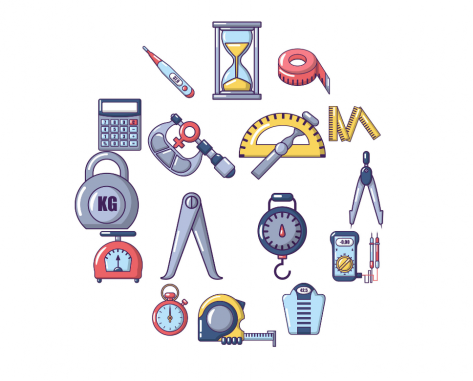LESSON OVERVIEW
In this lesson students practise talking about measurements in English and watch a video about some issues caused by the differences between the metric and non-metric systems. They also discuss problems that people face because of these differences.
VOCABULARY AND VIDEO
The lesson starts with a warm-up activity in which students read the definition of the word measure and list five things which can be measured. Then, they look at a list of nouns (e.g. width, depth, speed) and match them with adjectives (e.g. narrow, shallow, slow). They also add opposites to the adjectives they used in the exercise. The vocabulary practised in this part of the lesson will make talking about measurements in English later in the lesson easier. After that, students look at pictures of five items (e.g. thermometer, speedometer, tape measure) and discuss what they measure and how they can be used. Before watching the video, students guess what it might be about by looking at four words related to the topic (e.g. Celsius, Fahrenheit). During the first viewing, they check if their predictions were right. During the second viewing, they decide if the provided statements are true or false. They also have to correct the false sentences.
MEASUREMENTS IN ENGLISH
This part of the lesson starts with a discussion about the metric and non-metric systems and different units of measurement. After that, students read five short stories and need to choose the correct words (e.g. convert vs measure, long vs length). Each story describes a problem which resulted from a failure to convert units of different measurement systems. Then, students study a table which explains how to convert metric to non-metric units and practise talking about measurements in English. Finally, they go back to the stories from the previous exercise. They have to read them again and explain what the problem in each of the stories was.
WORKSHEETS













Hello, You seem to have made a mistake in the “measurements in English” lesson, ex. 9c – 1 Kg = 2.2 lbs, so the turtle must have weighed 250 Kg, not pounds!
Cheers
Fred
Hi, Fred. You’re obviously right – thanks for spotting that! We’ve amended the lesson.
Turns out materials writers are not immune to metric/imperial mishaps either!